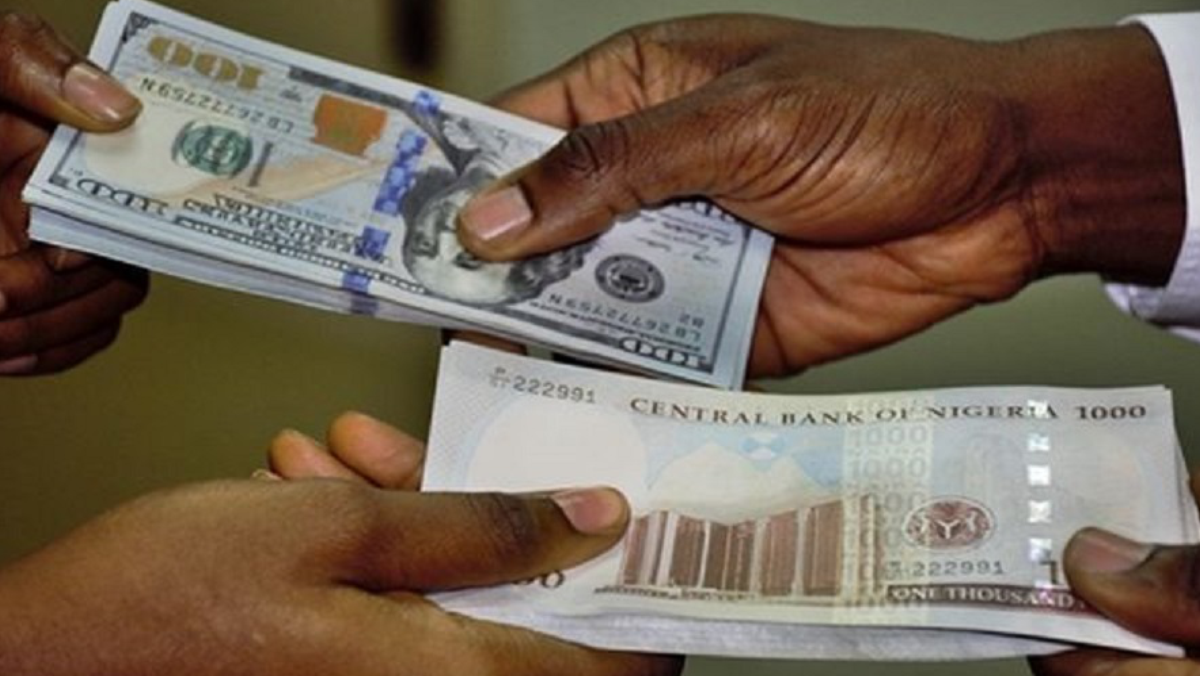
The fall of the naira in both the parallel and official markets on Thursday was a result of the high demand for the dollar, which extended the difference between the two windows to more than N150.
At the close of trade on Thursday, the naira fell to N930, down from N875 at the parallel market, with the local currency also falling at the Nigeria Autonomous Foreign Exchange (NAFEX) market.
From the records, the naira had strengthened slightly early this week, trading at N730 to the dollar at the NAFEX market, before falling to N782 to the dollar as of Wednesday, according to the most current FMDQ data.
However, market trades have sold for as much as N800 to the dollar. Traders on the parallel market said that the dollar's value had risen as a result of increased demand for the dollar.
This might be attributed to tourists who fly out of the nation for summer vacations, as well as a result of heightened pressure from manufacturers and importers at the official window.
Last month, liquidity in the official window had dwindled, with total inflows falling by 65.7% month on month. Foreign exchange inflows into the Investors' and Exporters' (I&E) end of the market fell from $1.77 billion in June to $608.00 million in July, the lowest level since April 2021, when an inflow of $564.20 million was reported, according to FMDQ statistics.
Read more: https://www.investingport.com/naira-hits-n930-on-thursday-may-affect-petrol-price/
